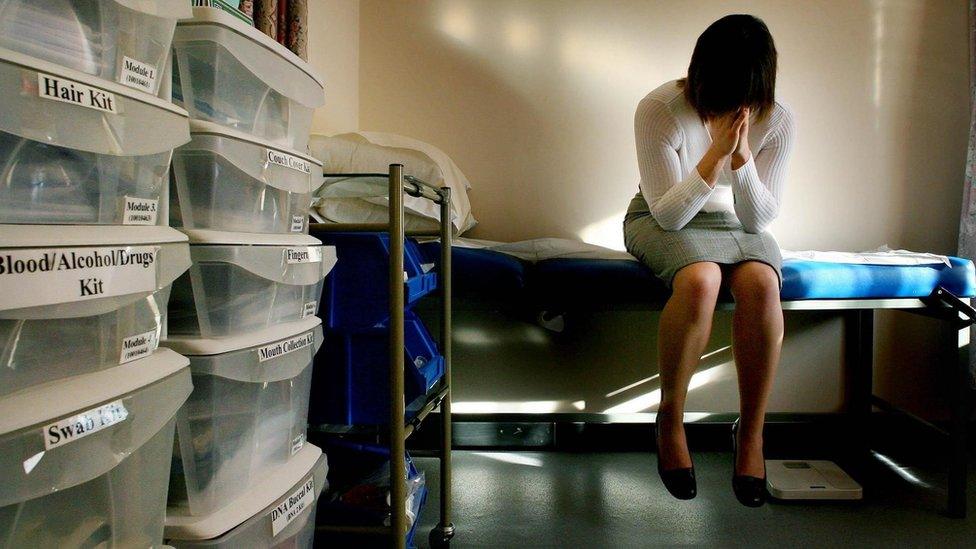Rape prosecutions: Court of Appeal says change to CPS guidance was not unlawful
- Published
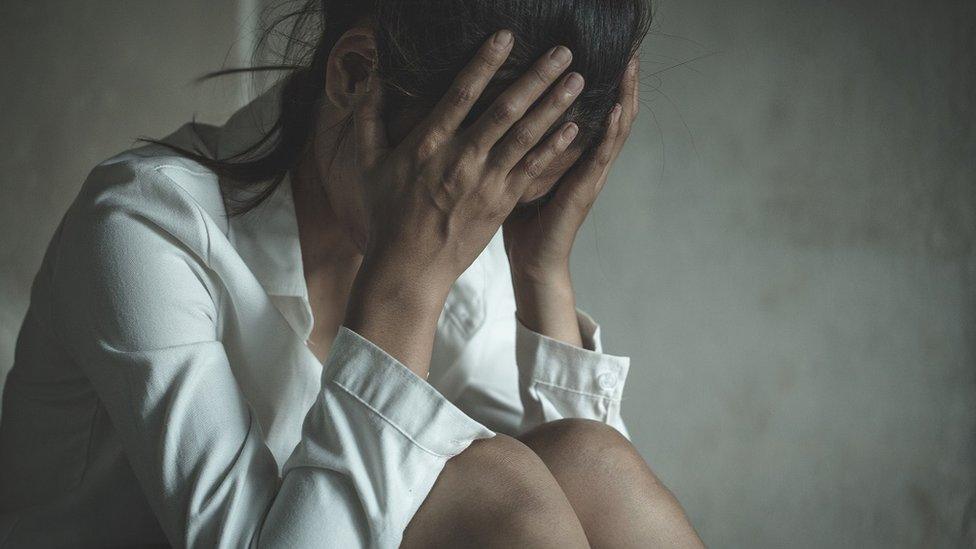
The Court of Appeal has dismissed a legal challenge against the Crown Prosecution Service over its policy on prosecuting serious sexual offences.
End Violence Against Women had said the CPS's move away from a "merits-based approach" in 2016-18 was "unlawful".
The group had claimed the change led to a "shocking and unprecedented" fall in rape cases leading to criminal charges.
But the court agreed with the CPS that the change in guidance "was not a change of legal substance".
End Violence Against Women (EVAW) had been aiming to show there was a change in policy in the way the CPS handled rape cases, and that the way the prosecutors went about that change was unlawful.
During the hearing, the group had said the CPS adopted what is known as the "bookmaker's approach" to cases, which saw prosecutors considering what may happen based on past experience of similar cases, rather than its earlier "merits-based approach" based on objective assessment of the evidence in that case alone.
Legally binding guidance on the old approach was removed in 2017, and the CPS introduced a 60% conviction rate target in relation to rape cases.
EVAW's lawyers had argued both the volume of cases and the charging rate fell following this change in guidance.
In 2019/20 fewer than 2,000 rape cases were prosecuted - less than 3% of the more than 55,000 rapes reported to the police.

Bonny's story: 'Robbed of justice'
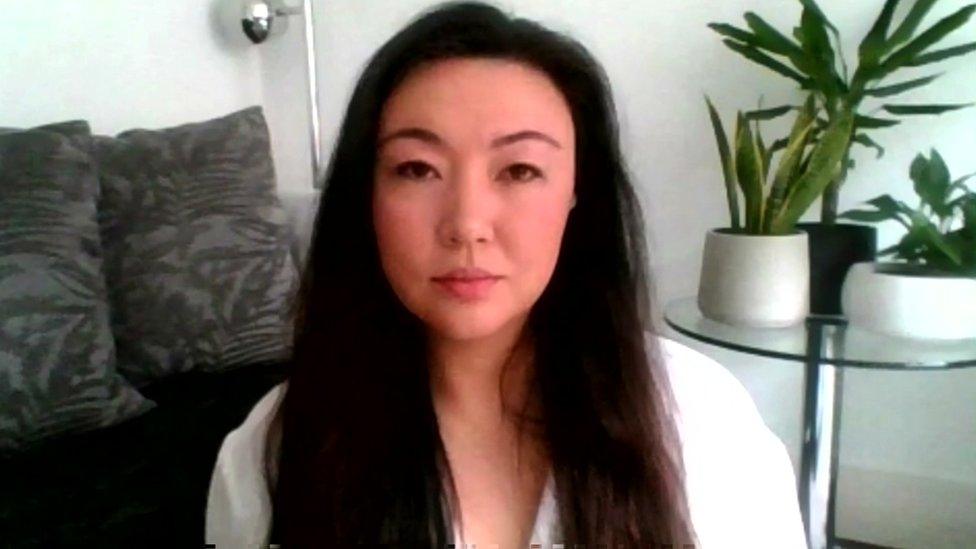
As part of their case against the CPS, End Violence against Women Coalition used Bonny Turner's experience of reporting rape and prosecutors deciding not to charge the suspect.
Ms Turner, who has waived her right to anonymity, said a man who raped her in 2016 later apologised and voluntarily confessed - but the CPS still chose not to prosecute the suspect.
She believes her case did not get to court partly because the CPS changes in 2017 led to prosecutors dropping cases to "artificially inflate their conviction figures".
Following the Court of Appeal's dismissal, she told BBC News: "Right now I'm feeling deeply shocked, angry, devastated really. Today's judgement, for me, really sends a clear signal to violent men and boys - that they can rape with impunity."
"Effectively, rape has been decriminalised and the courts have missed this opportunity to put right or to acknowledge the fact that victims of rape like me have been robbed of justice for the last few years," she said.
Ms Turner has previously spoken about how she was prevented from accessing therapy after being raped, because of restrictions from the judicial system.

The job of the CPS is to decide whether or not someone should be charged with an offence in England and Wales, based on various factors - such as whether there is enough evidence to provide a realistic prospect that the defendant could be convicted. The body is independent of police and the government.
CPS director of public prosecutions Max Hill said the court's decision confirmed that the CPS "was neither irrational nor unlawful in its approach to updating guidance for prosecutors, and that there was no change of approach in the way the CPS prosecutes rape cases".
"Today's outcome means we can now give our full focus to the extensive programme of work under way to address the gap between reported rapes and cases going to court," he added.
Andrea Simon, End Violence Against Women's director, said the group was "deeply disappointed" by the dismissal.
She said the court had "given the CPS the benefit of the doubt" and "we still lack alternative answers" to why rape prosecutions have fallen.
"Thousands of rape victims continue to be let down by a broken criminal justice system," Ms Simon added.
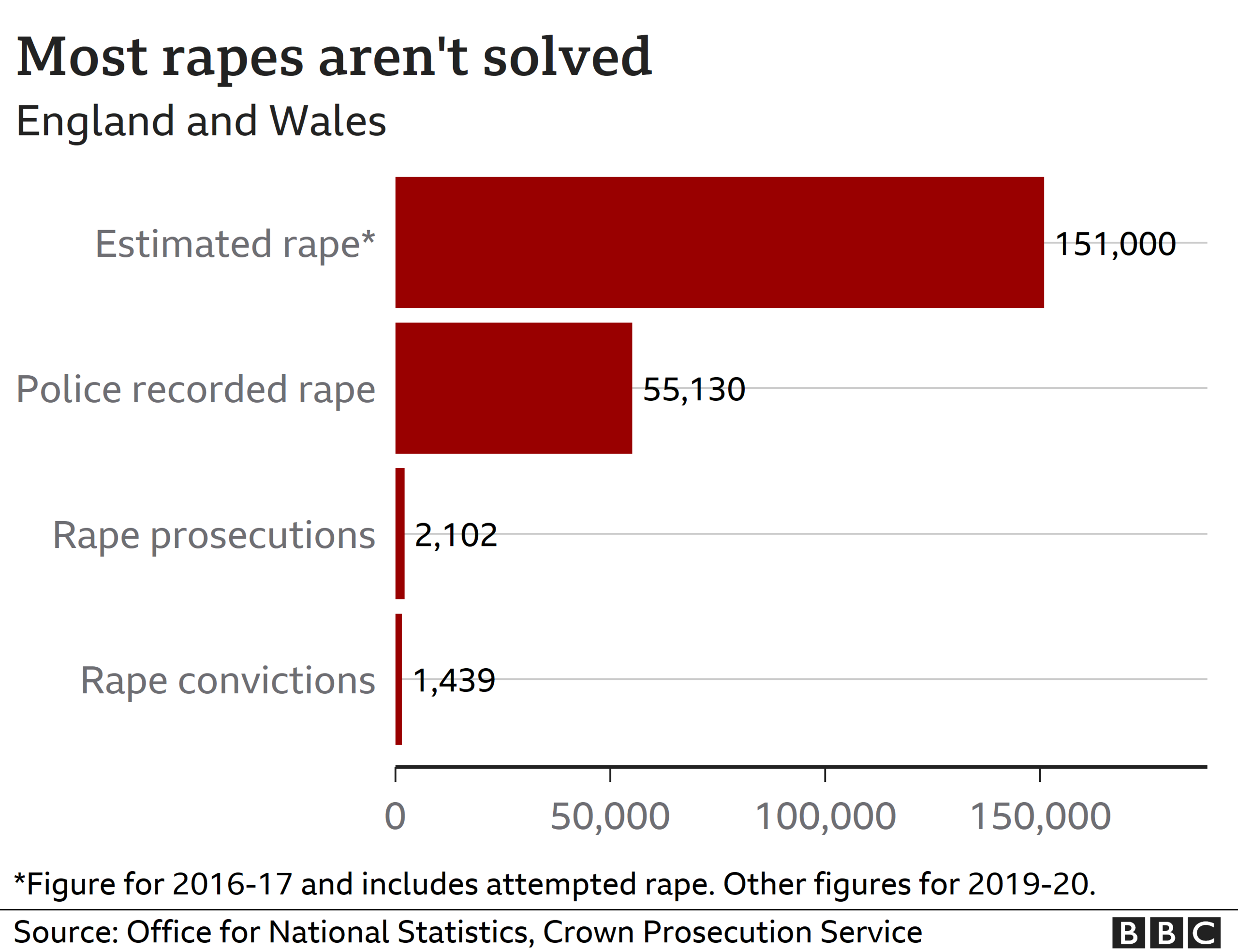
Court of Appeal judges Lord Chief Justice Lord Burnett, Lord Justice Holroyde and Lady Justice Elisabeth Laing found the EVAW's case failed on every ground.
They said the evidence provided by Mr Hill "comprehensively undermines the grounds advanced by the claimant" and that senior CPS managers were perfectly entitled to apply a "nudge on the tiller" to address concerns about falling conviction rates for rape cases.
Lord Burnett said the judges also rejected a submission that the CPS's decisions "created any risk of systemic illegality".
EVAW said it would seek to appeal against the court's decision.
The group added it would have to pay about £75,000 to cover the CPS's legal fees, unless the costs were waived.
Related topics
- Published27 May 2022
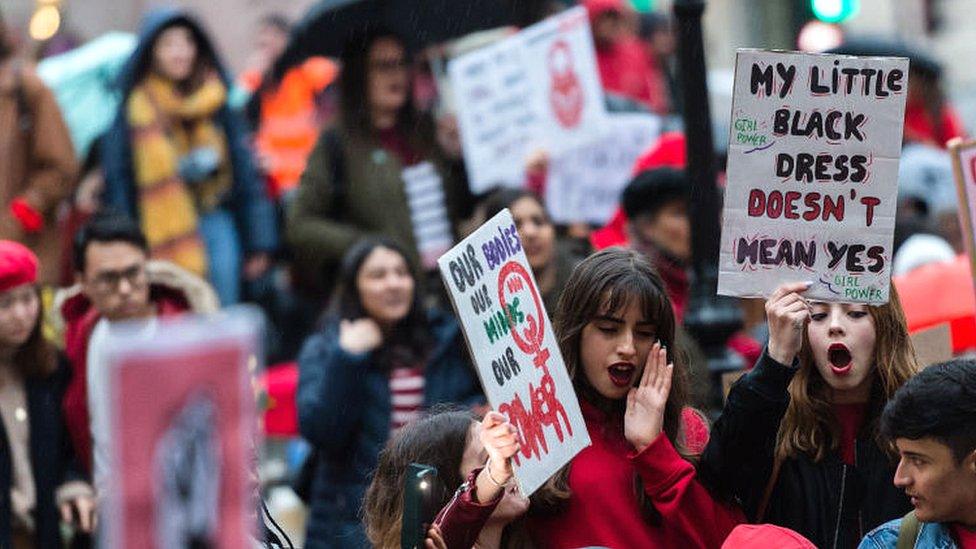
- Published26 January 2021
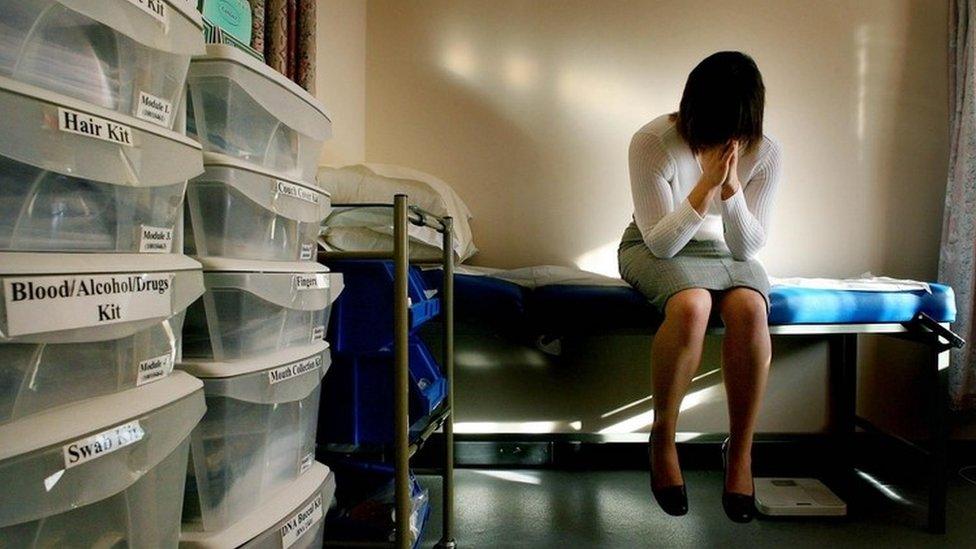
- Published30 July 2020
